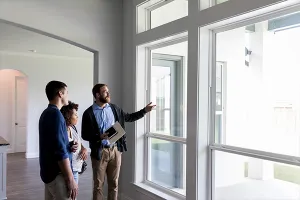Downloadpdf (PDF: 869 KB)
NAR has always maintained that the best solution for all parties whose housing was impacted by COVID-19 was rental assistance to cover the rent, taxes, and utility bills for tenants struggling during the pandemic. This prevents two crises—one for tenants, and one for mom-and-pop housing providers who do not have a reprieve from their bills. With rental assistance secured, the economy strengthening, and unemployment rates falling, there is no need to continue a blanket, nationwide eviction ban. Our focus now is on the swift and full implementation of rental assistance as we aim to regain stability and normalcy in America's housing market.
Ruling in favor of the Alabama and Georgia Associations of REALTORS®, two housing providers, and their property management companies (the plaintiffs), on August 26, 2021, the Supreme Court vacated the staypdf allowing the D.C. District Court’s decision to take effect that held the moratorium exceeds the Centers for Disease Control and Prevention’s (CDC’s) authority.
In the ruling, the Supreme Court held that specific Congressional authorization was necessary for a federal eviction moratorium to continue. However, housing providers should still proceed carefully with eviction proceedings, as state courts may not be processing these actions right away, and in some areas, state and local moratoria remain in placepdf.
Prior to the Supreme Court order, on August 3, 2021, the Centers for Disease Control and Prevention (CDC) issued a fourth extension of the eviction moratoriumpdf, effective through October 3, 2021, after the previous CDC eviction moratorium expired on July 31, 2021.
With NAR's support, the plaintiffs, who originally filed a lawsuit against the CDC in November 2020 on behalf of housing providers nationwide, again challenged the latest extension of the eviction moratorium that eventually resulted in the Supreme Court’s August 26 ruling effectively ending that latest extension.
1 The plaintiffs challenged how the CDC exceeded its authority under the Public Health Services Act and in violation of the Administrative Procedures Act and Regulatory Flexibility Act; how the Order constituted an unconstitutional taking under the Fifth Amendment, and; how the Order violated due process rights.









